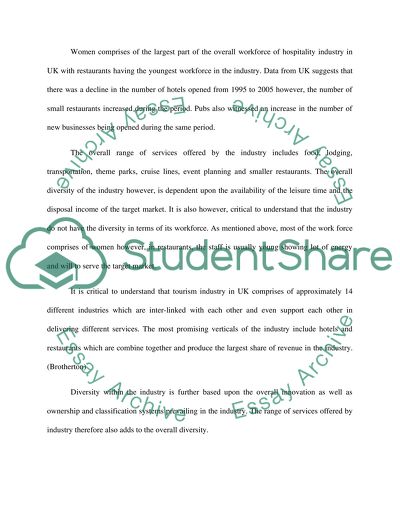Cite this document
(“Current Scope of the Hospitality Industry Assignment”, n.d.)
Current Scope of the Hospitality Industry Assignment. Retrieved from https://studentshare.org/human-resources/1652588-contemorary-hospitality-industry
Current Scope of the Hospitality Industry Assignment. Retrieved from https://studentshare.org/human-resources/1652588-contemorary-hospitality-industry
(Current Scope of the Hospitality Industry Assignment)
Current Scope of the Hospitality Industry Assignment. https://studentshare.org/human-resources/1652588-contemorary-hospitality-industry.
Current Scope of the Hospitality Industry Assignment. https://studentshare.org/human-resources/1652588-contemorary-hospitality-industry.
“Current Scope of the Hospitality Industry Assignment”, n.d. https://studentshare.org/human-resources/1652588-contemorary-hospitality-industry.


